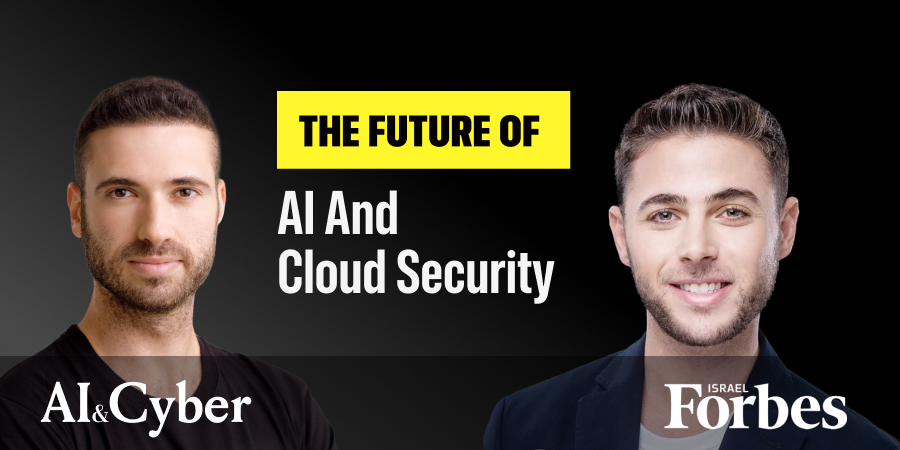The traditional model of cloud security—detecting misconfigurations and racing to fix them—is broken. That was the core realization in my recent conversation with Ron Arbel, CEO and co-founder of Aryon. As Ron put it bluntly: “If you’re chasing misconfigurations, you’ve already lost.”
Aryon is pioneering a different approach: stop the misconfiguration before it happens. Their platform embeds AI directly into the cloud’s enforcement layer, ensuring that insecure deployments are blocked in real time—not just flagged after the fact.
Ron knows this problem well. He previously co-founded Cyberillium and has spent years in the trenches of offensive and defensive security. At Aryon, his team realized early that reactive cloud security—using tools like Wiz or Prisma Cloud to identify issues after the fact—isn’t just inefficient. It’s dangerous.
Take the high-profile Volkswagen breach, which exposed 800,000 user records due to a simple misconfiguration. “That kind of breach is preventable,” Ron told me. “But only if you stop thinking in alerts—and start thinking in guardrails.”
This thinking echoes what Daniel Krivilevich told me about application security: that the CI/CD pipeline has become the attackers’ red carpet. In Aryon’s world, the equivalent risk is infrastructure misconfigurations introduced by developer autonomy in fast-moving cloud environments.
Instead of blocking innovation, Aryon embeds security into the process. “If a developer tries to upload an unencrypted database, we block it immediately,” Ron said. “We’re not punishing developers—we’re helping them move fast without breaking things.”
It’s a powerful vision, and one I’ve seen validated at Clarity, where we use AI to stop social engineering threats in real time—before damage occurs. Like Aryon, we’re betting on proactive security over reactive alert fatigue.
But changing the paradigm takes more than technology—it takes trust. Ron admitted that early customers often feel hesitant about full enforcement. “That’s why we start with an alert-only phase,” he explained. “It’s a way to build confidence, get developer buy-in, and demonstrate value without friction.”
That balance—between speed and security—is one of the toughest challenges for CISOs today. I heard the same from Tom Mes, who described the modern CISO’s job as “nearly impossible.” Aryon offers a path forward: real-time enforcement that doesn’t slow teams down.
Looking ahead, Aryon’s ambitions go far beyond cloud misconfigurations. Their roadmap includes expanding proactive enforcement to other domains: compliance, network policy, and identity governance. It’s an elegant idea—one unified policy engine, enforcing security everywhere.
It reminds me of what Meiran Galis told me about compliance: that the world is shifting from point-in-time audits to continuous, AI-powered assurance. Aryon is applying that same logic to cloud infrastructure. As Ron put it: “The real innovation isn’t just in technology—it’s in changing the mindset. We’re not here to react. We’re here to prevent.”
In today’s cybersecurity landscape, that’s more than strategy. It’s survival.
Michael Matias is the CEO and Co-Founder of Clarity, an AI-powered cybersecurity startup backed by Bessemer Venture Partners and Walden Catalyst. Clarity develops advanced AI technologies protecting organizations from phishing, deepfakes, and AI-generated social engineering attacks. Michael studied Computer Science with a specialization in AI at Stanford University, led cyber teams in Unit 8200, was named to Forbes 18Under18 and 30Under30, authored the book Age is Only an Int, and hosts the podcast 20MinuteLeaders.





